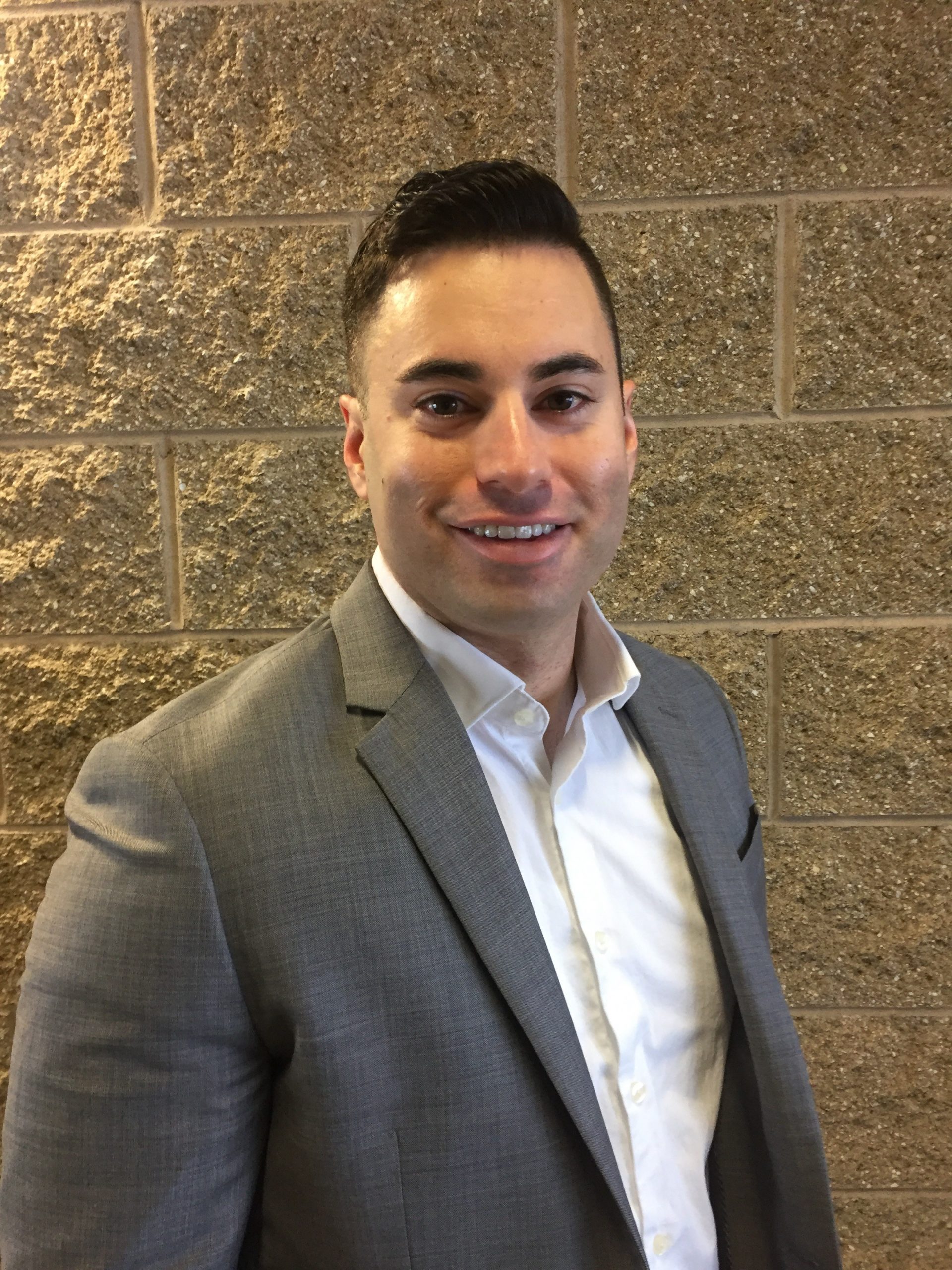Traditionally, addiction treatment centers market their services using testimonials from past clients and partnerships with healthcare providers. But in this digital age, rehab facilities must also establish a strong online presence in order to reach those in need of their help.
In today’s fast-paced world, not having a solid digital marketing strategy is a significant disadvantage. After all, most of your potential clients are doing their research about addiction treatment options online.
Building your online presence and marketing your services online is also easier said than done. There is fierce competition in the healthcare industry, meaning rehab centers will have to stand out from the crowd somehow. They have to do so in a way that respects the sensitive nature of substance use disorders (SUDs).
This is where content marketing shines. By focusing on compassionate, solution-oriented messaging, addiction treatment providers can reach those who are dealing with addiction as well as their loved ones.
Effective content marketing can serve as a powerful tool to build trust, provide valuable information, and ultimately connect with people who need support on their recovery journey. Here we will focus on how rehab facilities can make the most out of this strategy.
Why Content Marketing Matters for Addiction Treatment
Content marketing is defined as a strategic approach that involves creating and distributing valuable and relevant content to attract and engage a target audience. The goal is usually to drive profitable customer action by providing information that helps educate, entertain, and solve problems for potential customers.
But in the case of addiction treatment facilities, content marketing goes beyond creating blogs or posting on social media. It’s about delivering helpful, educational, and engaging content that addresses the specific needs of your audience. For rehab centers, this means:
Establishing Authority
Content marketing allows addiction treatment centers to position themselves as trusted leaders in the field of recovery. By sharing insightful articles, research-backed blogs, and professional advice, they demonstrate their expertise, showing deep understanding of addiction and its treatment.
This authority reassures potential patients and their families that they’re seeking help from knowledgeable professionals, which is critical in this field.
Building Trust
Trust is a cornerstone of any successful relationship between a treatment center and its clients. Through consistent and transparent content, centers can address common concerns and fears surrounding the rehab journey. Content that highlights empathy and a genuine commitment to patient well-being helps build this trust. At the end of the day, people will make decisions about their recovery based on who they trust the most.
Improving Visibility
You can’t start building a relationship with your target audience if they have no idea you exist. Effective content marketing improves a treatment center’s online visibility, making it easier for individuals seeking help to find them. This increased visibility ensures they reach those in need at the critical moment when they’re searching for support online.
Educating the Audience
Addiction treatment centers can use content marketing to educate the public about addiction, its causes, and available treatment options. Informative blogs, videos, and infographics can dispel myths, provide coping strategies, and empower people to take that first step toward recovery.
Educating the audience not only helps reduce stigma but also encourages informed decision-making, ultimately leading to better outcomes for patients and their families.
Key Components of Addiction Treatment Content Marketing
Content marketing offers several advantages. But since most of your competitors will be using the same methods, you need a proper content marketing strategy. Here are some key components that you must incorporate into your content marketing campaign:
Audience Research
Effective content marketing begins with thorough audience research. Understanding the unique needs, challenges, and motivations of those seeking addiction recovery is necessary if you want to create content that will resonate with them.
Audience research involves identifying key demographics like age, gender, location, and socioeconomic status. But rehab centers can also look deeper into psychographics like emotional triggers, pain points, and recovery goals.
Marketers can gather insights into the concerns and aspirations of potential clients by using tools like surveys and focus groups. This information forms the foundation for developing content that speaks directly to their journey.
Once the target audience is clearly defined, tailoring content to address their specific needs becomes essential. Personalized content acknowledges the emotional and psychological nuances of addiction recovery. Focusing on these types of posts can significantly increase engagement.
For example, creating blog posts that address common fears about seeking treatment, or videos featuring success stories from those who have overcome addiction, can inspire more people to get started on their own journeys.
Ultimately, audience research ensures that the marketing strategy is not only informative but also empathetic, empowering potential clients to take that crucial first step.
Educational Blog Posts
Educating your audience is one of the most important aspects of content marketing. Blog posts are perfect for this as you can share research-backed information on a wide range of topics such as the signs of addiction, treatment options, and coping strategies for recovery.
As we mentioned earlier, it is important to build trust by establishing your center as a leader in its industry. Being able to provide useful information that addresses common questions and concerns lets you do exactly that.
To maximize the impact of educational blog posts, focus on creating content that resonates with your target audience. Use relatable language and a compassionate tone, ensuring that the content is both informative and approachable.
Regularly updating your blog with fresh, relevant content can also boost engagement and keep your audience coming back for more.
Search Engine Optimization
Search engine optimization can help take your content to the next level. This is the process of optimizing digital content using keywords to improve its visibility in search engine results pages (SERPs).
For addiction treatment centers, this means ensuring that your website and content are easily discoverable by those who are seeking help for addiction. When people research online, they typically just click on the first few links they find. This is why ranking highly is so important.
Effective SEO involves targeting relevant keywords, creating high-quality, authoritative content, and optimizing website structure and performance. By aligning your content with what potential clients and their families are searching for, you can increase organic traffic to your site.
Appearing first in search rankings also helps establish your organization as a credible resource. SEO truly shines in the way it helps you reach those who are ready to look for treatment. These people are already looking for treatment options.
Start by conducting keyword research to identify the terms and phrases your target audience is using. Focus on long-tail keywords such as “best outpatient rehab programs near me” or “symptoms of alcohol dependency”. Then you can start incorporating these keywords into your content organically.
Additionally, building backlinks from reputable sites and maintaining an active presence on social media can further boost your SEO efforts. Regularly monitor your site’s analytics and adjust your strategy based on performance metrics to ensure long-term success.
Just remember that SEO is a long-term strategy and you cannot expect it to produce results overnight. Your competitors are also using the same approach and perhaps even using the same keywords, so this is an organic strategy that requires patience and consistency.
Video Content
Content does not always have to come in the form of written articles and blog posts. In fact, video content is one of the most powerful tools in addiction treatment content marketing. Videos are eye-catching and they are capable of getting your message across much faster than traditional blog posts.
If you want to connect with your audience in a dynamic and engaging way, this is the best approach. Video content marketing includes testimonial videos, facility tours, educational content, and live Q&A sessions.
This format appeals to a wide audience, as it combines auditory and visual learning elements to convey complex information. By visually showcasing this information, you can explain treatment methodologies and help clients imagine what their recovery journey will be like. Videos are educational and easily digestible.
To maximize the impact of video content, it’s essential to focus on authenticity and storytelling. Feature real-life success stories from alumni who are willing to share their experiences, as these can resonate deeply with potential clients and their families.
Use high-quality visuals and professional production to reflect the credibility of your facility, while ensuring videos are optimized for different platforms, such as YouTube, Instagram, and TikTok. Short-form videos for social media can capture attention quickly, while longer, in-depth videos on your website or YouTube channel can provide detailed information.
Social Media Marketing
Social networking platforms are incredibly popular, meaning they are perfect for spreading your content around. If you want your content to reach a much wider audience, try to figure out where your potential clients are spending time online, whether it’s Facebook, Instagram, X (Twitter), LinkedIn, etc.
Leveraging these platforms helps raise awareness and foster engagement. To succeed with this strategy, you need to post regularly, engage with your community, and use the right hashtags to maximize your reach. Collaborating with influencers in the recovery space or healthcare professionals can further boost your credibility.
Finally, just like with any other strategy, it is important to measure and analyze engagement metrics to continuously improve your marketing campaign. Consistency, authenticity, and sensitivity to the nature of addiction are key to maximizing the benefits of social media.
Challenges of Marketing Addiction Treatment Services
The benefits of digital marketing and content marketing are undeniable. However, addiction treatment centers should be prepared for some challenges along the way:
Stigma and Public Perception
The stigma surrounding addiction is one of the biggest obstacles for marketers and people struggling with the condition. Many still view addiction as a moral failing rather than a chronic condition that requires proper treatment. This can lead to shame and reluctance in seeking help.
Overcoming this stigma requires carefully crafted messaging that emphasizes addiction as a health issue, while providing hope and empowerment. Treatment centers must educate the public that addiction is treatable and that seeking help is a sign of strength, not weakness.
Differentiation in a Saturated Market
The addiction treatment industry is highly competitive, with a large number of treatment centers offering similar services. In this saturated market, standing out can be difficult. Marketing strategies must clearly highlight what sets one treatment program apart, whether it’s a specialized treatment approach, experienced staff, or unique patient care models.
Focusing on specific target demographics, such as veterans, young adults, or those dealing with co-occurring mental health conditions, can help create a niche and attract those who might benefit most from a particular treatment style or philosophy.
Navigating Legal and Ethical Constraints
Addiction treatment services are subject to strict regulations and ethical guidelines, which can complicate marketing strategies. Advertising practices must comply with both federal and state laws, including restrictions on claims about success rates, guarantees of treatment outcomes, and the use of patient testimonials.
Keep in mind that violating these laws can result in legal repercussions and damage to the organization’s reputation. Marketing efforts must therefore strike a balance between promoting the services effectively and staying within legal boundaries, ensuring all communications are truthful, transparent, and respectful of patient privacy and dignity.
Content marketing is more than a buzzword—it’s a lifeline for addiction treatment centers looking to connect with individuals who need their help. By creating compassionate, educational, and strategically optimized content, you can make a meaningful impact in the lives of your audience.
Work with MasterMindSEO
Content marketing can be complicated. This is why many rehab centers opt to work with the professionals.
An expert content marketing service helps rehab centers effectively reach and engage their target audience. By crafting tailored content that resonates with individuals seeking addiction recovery, these services can create informative blog posts, emotional storytelling, success stories, and educational resources that build trust and authority in the field.
Ultimately, marketing in this field is not just about growing your business—it’s about saving lives. A specialized content marketing company bridges the gap between those in need and the resources they require, ensuring that no one has to face the journey to recovery alone.
Work with a company you trust so that you can craft a content marketing strategy that reaches those who need your services the most.
MasterMindSEO has experience in performing digital marketing campaigns for e-commerce, national, regional and local businesses. Email or call and we will be happy to see how we can help your center get more leads and help more patients!
Ready to take your addiction treatment SEO to the next level? Want to rank your detox center on Google Maps? Let MasterMindSEO help you.
[button color=”undefined” hover_text_color_override=”undefined” url=”https://bookme.name/MasterMindDBS” text=”Get More Admits!” color_override=””]

